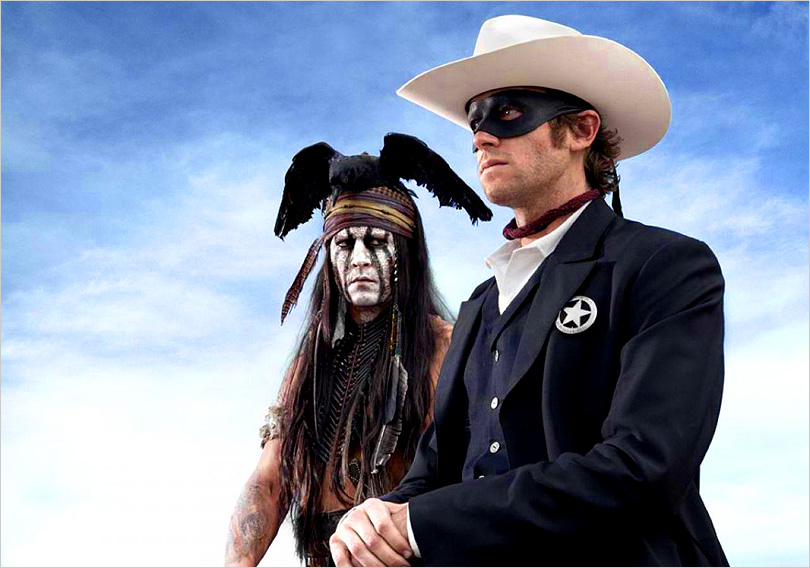Public attitudes have shifted sharply in the last 10 years. Chalk it up to familiarity–among family, friends, co-workers and prime-time TV characters.
By Mark Z. Barabak
Several reasons account for the success. The gay community tends to be more affluent, and the ability to give generously to candidates has translated into significant political clout, from the local level to the White House. Its leaders are well-versed in the machinations of government and the means of power, knowledge hard-won through years spent dragging politicians into the fight against the AIDS epidemic.
But experts and advocates agree on one explanation above all others: Familiarity.
"People came to understand we existed," Jones said. "They worked with us. They knew us. They had [gay] family members. That demystified it and made it harder for them to hate us in an abstract way."
That was an avenue obviously unavailable to African Americans. "It isn't as if white people suddenly come to discover they have African American children or relatives," said Kenneth Sherrill, a professor at Hunter College in New York and a longtime gay activist.
Gays and lesbians "are born into straight families and live in straight neighborhoods and go to straight schools and work in straight businesses," Sherrill said. "There's a kind of familiarity that's exceedingly difficult to achieve in the case of race."
Popular culture and its shaper, the mass media, have also played a crucial role in changing attitudes, much as news accounts helped advance the cause of the black civil rights movement. Only this time it wasn't images of fire hoses and police dogs turned on innocents but the sympathetic portrayal of gay and lesbian characters in prime time, in what has become a TV staple.
"Will & Grace," the NBC comedy that ran from 1998 to 2006, "probably did more to educate the American public than almost anything anybody's ever done so far," Vice President Joe Biden said in a "Meet the Press" interview that helped prod Obama off the fence into supporting same-sex marriage.
That may be hyperbolic, but many said the vice president hit on something important: that welcoming fictionalized gay characters into the home made it that much easier to welcome gays and lesbians as family, friends, neighbors and co-workers in real life.
"It is certainly the case that gays and lesbians have been widely accepted in popular culture in a way that you could argue blacks in particular and Latinos too have never really been accepted," said Frank Gilliam, an expert on politics and race at UCLA.
For more on the subject, see Why Tonto Matters, Truth vs. Twilight, and "Such-and-Such Is Fiction."
Below: Another entry in the "Indians as Fantasy Figures" sweepstakes.


1 comment:
Somehow I'm not convinced Mr Garrison (or Mrs [sic] Garrison depending on season) made gay acceptance easier.
Post a Comment